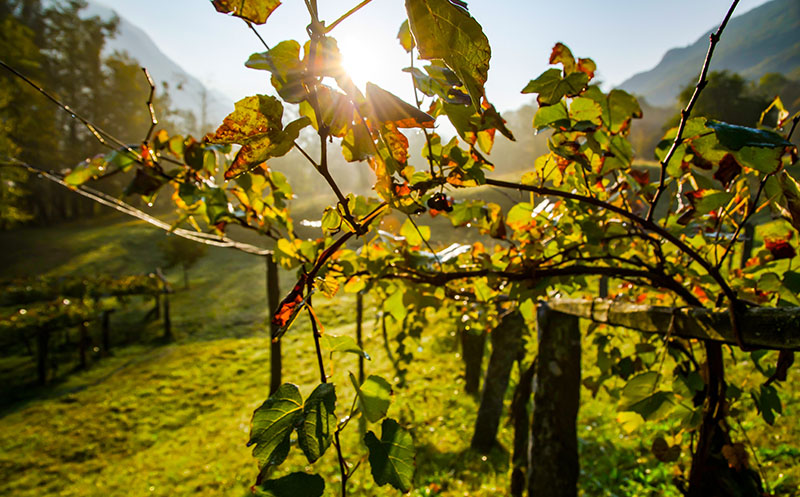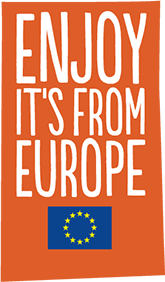Organic Wines in Europe

Organic Wines in Europe
European Union organic farming rules cover agricultural products, including aquaculture and yeast. They encompass every stage of the production process, from seeds to the final processed food. This means that there are specific provisions covering a large variety of products.
Producing organically means respecting the rules on organic farming. These rules are designed based on general and specific principles to promote environmental protection, maintain the biodiversity of Europe and build consumer trust in organic products.
Specific rules are set for organic wine-making, including a technical definition of organic wine which is consistent with the organic objectives and principles.
Organic wine has to be made with organic grapes and yeast. However, there are a number of other restrictions that also apply. These include:
a prohibition on the use of sorbic acid and desulphurisation;
the level of sulphites in organic wine must be lower than their conventional equivalent (depending on the residual sugar content).
Organic Logo
The European Union organic logo gives a coherent visual identity to organic products produced in the EU.
The organic logo can only be used on products that have been certified as organic by an authorised control agency or body. The logo can only be used on products when they contain at least 95% organic ingredients and additionally, respect further strict conditions for the remaining 5%. The same ingredient cannot be present in organic and non-organic form.
More information about organic production and logo:
https://agriculture.ec.europa.eu/farming/organic-farming/organic-production-and-products_en
https://agriculture.ec.europa.eu/farming/organic-farming/organic-logo_en




